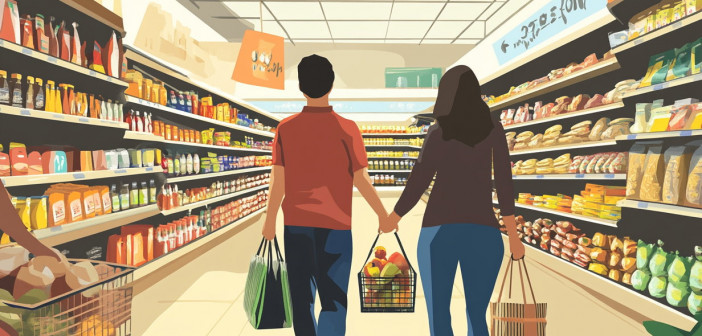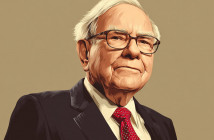Trump’s tariffs have triggered economic anxiety, fuelling recession fears and inflation expectations
Americans’ confidence in the economy slumped for the fifth straight month to the lowest level since the onset of the Covid-19 pandemic, as anxiety over the impact of tariffs takes a heavy toll on consumer expectations for future growth.
The Conference Board said on Tuesday that its consumer confidence index fell 7.9 points in April to 86, its lowest reading since May 2020. Nearly one-third of consumers expect hiring to slow in the coming months, nearly matching the level reached in April 2009, when the economy was mired in the Great Recession.
The figures reflect a rapidly souring mood among Americans, most of whom expect prices to rise because of the widespread tariffs imposed by President Donald Trump. About half of Americans are also worried about the potential for a recession, according to a survey by Associated Press-NORC Center.
“The three expectation components – business conditions, employment prospects, and future income – all deteriorated sharply, reflecting pervasive pessimism about the future,” Conference Board senior economist Stephanie Guichard said in a statement.
Trump’s tariff plans have unnerved investors, sending market volatility soaring and consumer confidence plunging.
Confidence in the financial markets has also tanked, according to Guichard, with 48.5 per cent of consumers expecting stock prices to fall over the next 12 months – the highest share since October 2011.
In another worrying sign, average 12-month inflation expectations reached seven per cent this month which, Guichard said, was the “highest since November 2022, when the US was experiencing extremely high inflation”.
If sustained, higher inflation expectations can cause a vicious cycle of price hikes, as businesses preemptively raise prices in anticipation that their costs will rise further in the future.
A measure of Americans’ short-term expectations and the job market plunged 12.5 points to 54.4, the lowest level in more than 13 years. The reading is well below 80, which typically signals a recession ahead.
How this gloomy mood translates into spending, hiring, and growth will become clearer in the coming days and weeks.
On Wednesday, the government will report on US economic growth during the first three months of the year, and economists believe it will show a sharp slowdown as consumers pulled back on spending after a strong winter holiday shopping season.
And on Friday, the Labour Department will release its latest report on hiring and the unemployment rate. Overall, economists expect it should still show steady job gains, though some forecast it could show sharply reduced hiring.
The sharp decline in consumer confidence also likely reflected the sharp swings in stock and bond prices that roiled financial markets.
While all age groups and most income brackets reported lower confidence, the decline was steepest among households earning more than US$125,000 and among consumers 35 to 55 years old.
Though major US markets rebounded over the past week, the S&P 500 is still down 6 per cent for the year and the Dow Jones has lost 5 per cent. The growth-heavy Nasdaq is down 10 per cent in 2025.




